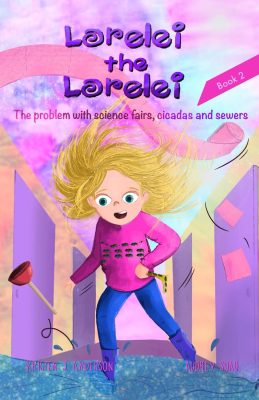|
Listen to or download this article:
|
A young man survives the extremes of sexual abuse, physical harm and emotional chaos in the harrowing and profoundly powerful memoir, The Loose Ends Became Knots: An Illness Narrative by Austin M. Hopkins.
The experience of sexual violence starts for Hopkins as a teenager, during the time he struggles defining his own sexual identity. The men he meets take advantage of his youth and naiveté, at first, and later, though he gradually becomes wiser to the stark intricacies of a sexual awakening in the world of gay men, he still succumbs to men who use him – with and without his consent. He never seeks such treatment consciously, yet, it continues to happen. What is it about him that attracts predatory partners, he wonders? Hopkins grapples with the many issues that often assail young people dealing with gender identity: How can he reach out to his parents for help when the root of his pain contradicts whom he believes they want him to be? Is he disappointing them? Will they cut him out of their lives? How complicated his life has become since his childhood!
As encounter after encounter with unkind and uncaring individuals sends him into a downward spiral, three things work together to give him hope: he’s a bright student and doing well in college; he finds an excellent therapist who offers concrete advice and skills that will serve to help him personally and professionally in the years to come; and finally, after courageous self-examination and altered personal perspective, he meets a loving, compassionate partner, who, though not fully understanding the different emotions and energies from Hopkins past, authentically recognizes and acknowledges the unique qualities that his partner brings into their marriage.
Hopkins has collected this episodic memoir from his journals, poetry and other writings, and added the observations of others, attributing identity where permission was granted. He carefully phrases the depictions of sexual violence in a manner that compels the reader to feel his pain and humiliation. Hopkins does not shrink from the frank sense of shame and self-blame that characterizes his early encounters. Readers unfamiliar with sexual awakening stories may find some of the text hard to work through. And yet, the author presents his work as a gift to those who are on the brink of their own sexual awakening – or who are already there and wonder what next to do – how to live successfully in the malaise of public opinion and family complications. It is through the pain and traumatic recollections that Hopkins expresses himself most eloquently – and it is here where his work, though painful, is the most rewarding. Readers witness a young man triumph over obstacles and begin to actively balance his life with acceptance and love, endeavoring to help others along the way.
Hopkins’ story is profoundly powerful. And his story is not over – he is, after all, a young man working towards a career in medicine. He offers this narrative to “raise awareness of the pervasiveness of sexual violence within the gay community” as he experienced it. His goal is to help others who are experiencing similar kinds of abuse and hopefully shed a much-needed light in this potentially lonely and frightening time for those whose sexual identity is something other than what certain groups claim as normal.










Leave A Comment